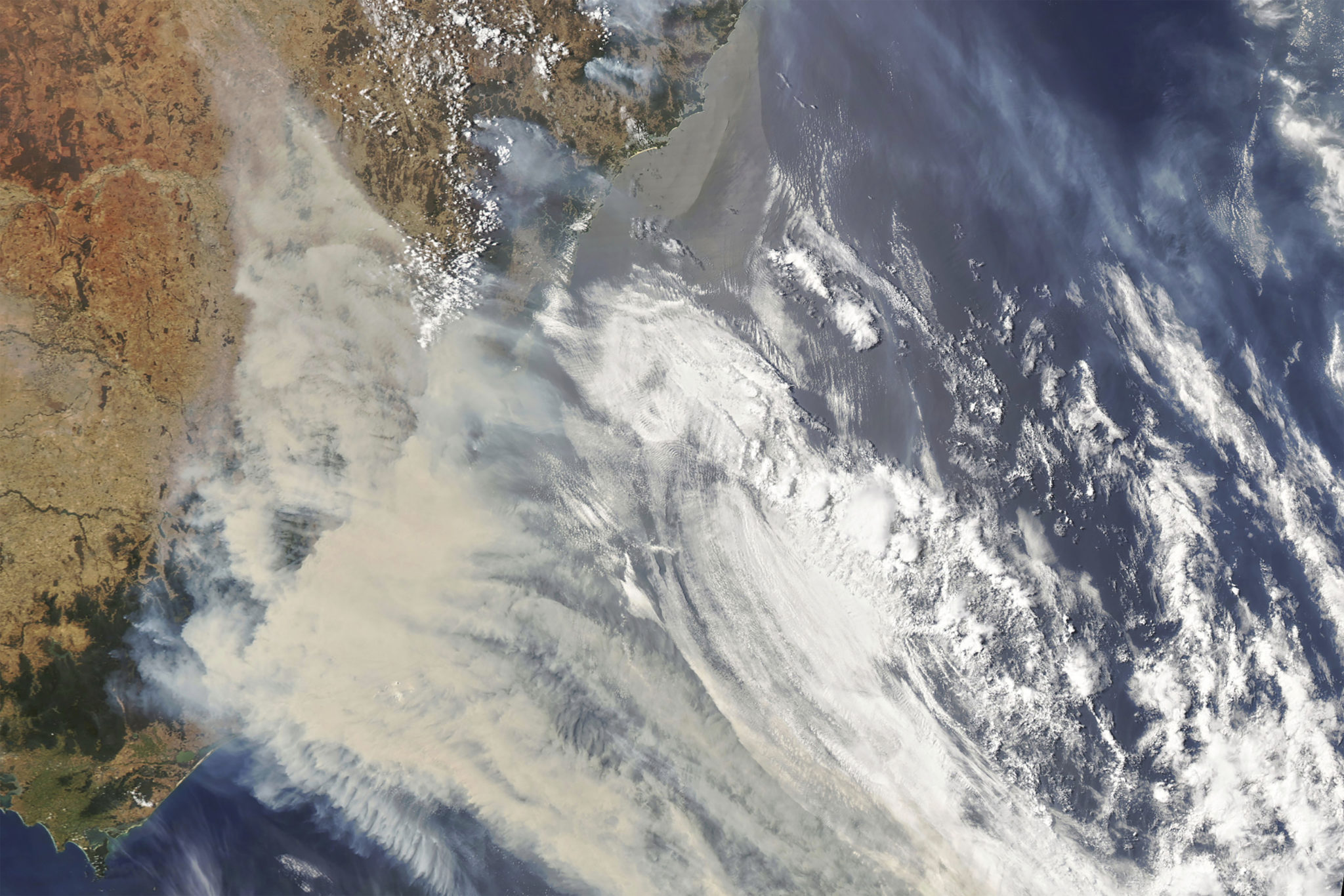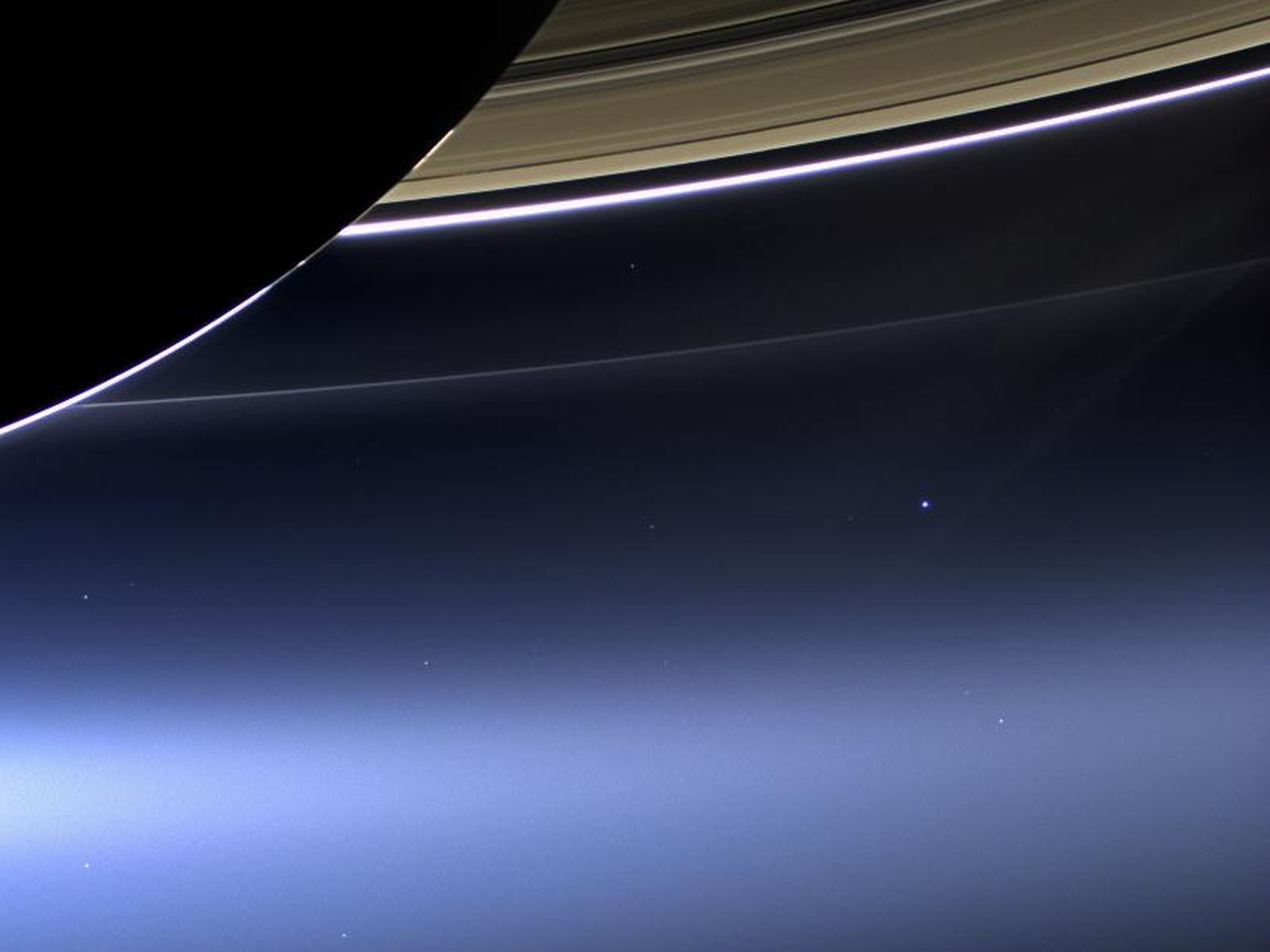Renowned physicist Professor Brian Cox has said he remains optimistic that humanity can come up with the "tremendous technological advances" needed to reverse climate change.
The television presenter and author is in Dublin ahead of this year’s BT Young Scientist and Technology Exhibition.
Speaking to Ivan Yates on Newstalk this evening, he said the biggest practical question facing modern science is how we can “generate energy and expand our civilisation without damaging the planet.”
Climate change
He said that while we can’t pin particular natural disasters on climate change, “it is the consensus now that you can attribute very high temperatures to climate change.”
“If you look at what is happening in Australia at the moment, it is more likely that things like that will happen in a hotter world,” he said.
“As we know from the news, there is a tremendous threat to life and property and wildlife. There is horrendous destruction in Australia. So, if we do not begin to get a handle on the way that we generate our energy, then those things will happen more often.”
 Photo captured by NASA's Aqua shows thick smoke blanketing southeastern Australia along the border of Victoria and New South Wales, 01-01-2020. Image: NASA
Photo captured by NASA's Aqua shows thick smoke blanketing southeastern Australia along the border of Victoria and New South Wales, 01-01-2020. Image: NASA"Tremendous technological advances"
He said he remains optimistic humanity can still stave off the threat, noting that “the challenge now is political,” noting that goals like Ireland’s plan to become carbon neutral by 2050 can “focus innovation.”
“They focus research and development on solving those problems,” he said. “And when we do focus then we can solve problems.”
“One of the great examples for me in my lifetime was the Apollo programme. The US went from not being able to fly a single rocket – certainly with a person on it – to landing on the moon within a decade or less.
“So we are capable of tremendous technological advances – and that is why these goals are important.”
Where is everyone?
In a conversation that touched on the vastness of the universe and the “big intellectual question” of whether we are alone in it, he said intelligent life may be far rarer than we think – making it even more important to save.
“Actually the more we learn about how life evolved on Earth – it took let’s say four billion years or so from the origin of life to get where we are now – the more it looks quite torturous,” he said.
“So many scientists and biologists I speak to say there might just be microbes everywhere.
“It may be there is slime all over the place but intelligent beings like us – civilizations – it may be they are very rare.
“In a universal sense, we are tiny and insignificant but in a local sense or a galactic sense, we might be extremely valuable – because there may be very few places, if any, in a typical galaxy where this happens. Where things like you and me can have a conversation.
“The great Carl Sagan said that we are collections of atoms that can contemplate atoms. That is a remarkable thing to be and there might be very few places where that has happened.”
 This image, taken by NASA's Cassini spacecraft captures Saturn's rings with Planet Earth a “pale blue dot” suspended just below them. Image: NASA
This image, taken by NASA's Cassini spacecraft captures Saturn's rings with Planet Earth a “pale blue dot” suspended just below them. Image: NASASolar system
He said upcoming missions searching for evidence of life within our own solar system may provide an answer to that question.
“If we find that there was a second origin – a second genesis – on a neighbouring planet, then we will know the answer to that question,” he said.
“We are not alone in the universe and life is probably very common in the universe.
“So that is a profound fundamental question that we have the possibility of answering in the next few years.”
Professor Cox will headline the Nextipedia symposium at the RDS tomorrow as part of the BT Young Scientist and Technology Exhibition.
You can listen back to his full conversation with Ivan below.
LISTEN BACK: @ProfBrianCox tries to teach Ivan about science, space and infinity ahead of his address at Nexpedia tomorrow.@NewstalkFM https://t.co/favhzRiB0t
— IvanYatesNT (@IvanYatesNT) January 7, 2020








